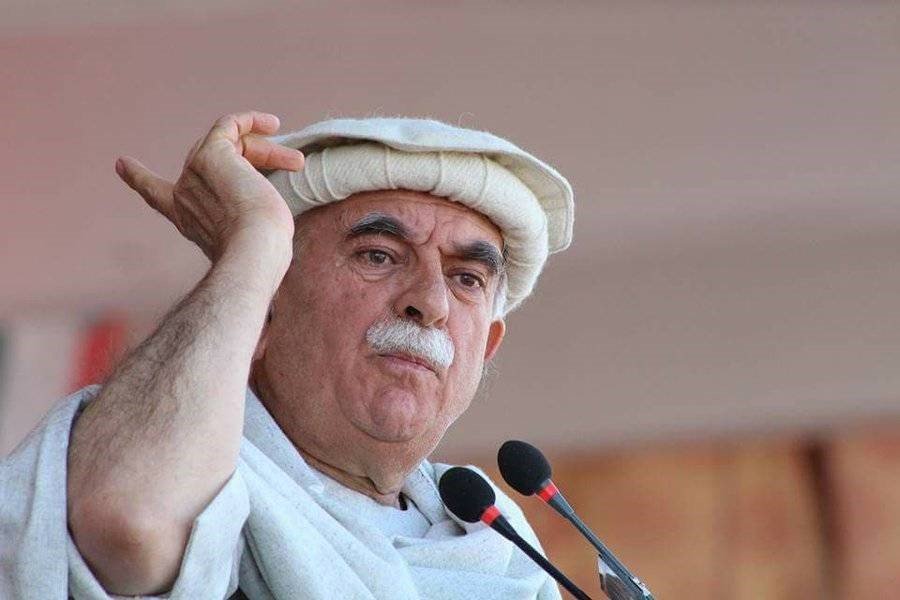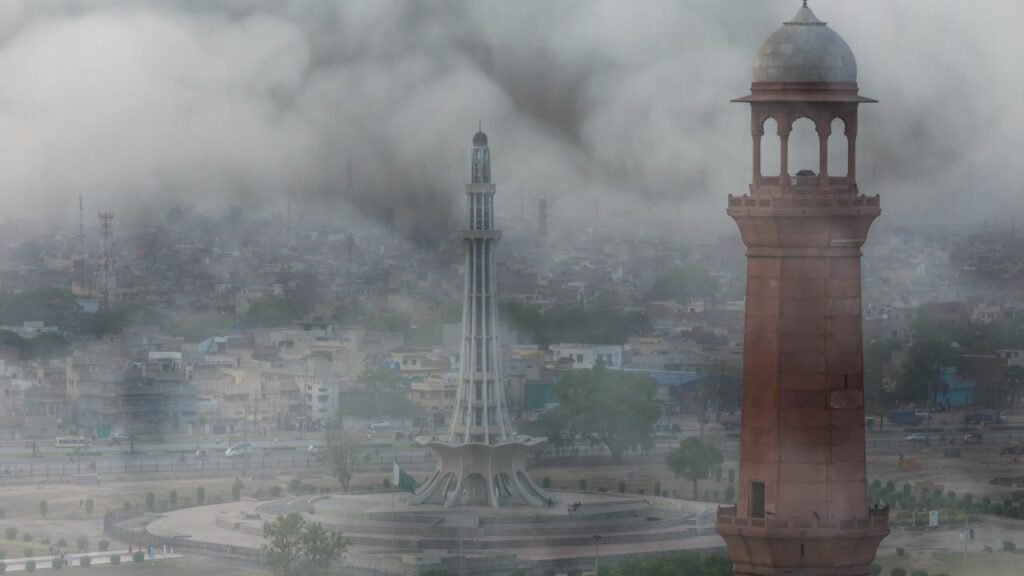Naveed Hussain
Under Article 175(3) of Pakistan’s Constitution, the executive and judiciary are distinct and independent pillars of the state. Their separation ensures that power remains balanced, transparent, and accountable. Yet, the ongoing attempts to revive the executive magistracy system are in direct conflict with this foundational principle. The proposed revival is not merely an administrative adjustment — it represents a structural reversal that risks undermining judicial independence and strengthening bureaucratic control over governance.
Historically, the executive magistracy was a hallmark of colonial governance. The Deputy Commissioner (DC), functioning as the District Magistrate, wielded control over administration, law enforcement, and local justice. This concentration of authority made the DC the most powerful figure in the district, reducing other institutions to secondary roles. Such a system prioritised control over service, authority over accountability. It may have offered administrative convenience, but it did so at the cost of fairness, transparency, and constitutional balance.
Follow Republic Policy on YouTube
In today’s context, the push to restore the executive magistracy appears to be driven by the federal bureaucracy — particularly the powerful Pakistan Administrative Service (PAS), formerly known as the District Management Group (DMG). The move aims to reclaim its old authority over the police, judiciary, and provincial civil services. This would effectively centralise governance, rolling back decades of progress toward decentralisation and provincial autonomy achieved under the 18th Amendment.
If restored, the executive magistracy would blur the constitutional boundaries between judicial and administrative functions. Would an executive magistrate possess the authority to issue sentences? If so, where would the right of appeal lie — before a judicial officer or another bureaucrat? Such ambiguities not only create procedural confusion but also violate the principle of separation of powers that forms the bedrock of democratic governance.
Moreover, the fusion of executive and judicial powers would corrode the idea of impartial justice. If the police were to register an FIR and the same executive hierarchy adjudicated the case, justice would be replaced by administrative control. Citizens’ rights to a fair trial would be compromised, and the rule of law would give way to rule by office. It is precisely this entanglement that the framers of the Constitution sought to avoid when they entrenched judicial independence within Article 175.
The proponents of this revival often justify it on grounds of “public order” and “efficient governance.” But such arguments are misleading. The true objective seems to be the reassertion of bureaucratic dominance over institutions that have grown more autonomous since the 2001 devolution reforms. By reclaiming quasi-judicial powers, the bureaucracy would again overshadow elected local governments, undermine provincial services, and marginalise the judiciary — effectively reversing democratic accountability.
Follow Republic Policy on Facebook
The implications for Pakistan’s governance structure are severe. In a federal democracy, power must flow from the people upward, not from bureaucracy downward. The restoration of executive magistracy would revive the colonial logic of control — where citizens were seen as subjects to be managed rather than participants in governance. Such a system would disempower local representatives and silence provincial voices, eroding both the spirit of federalism and the trust of the governed.
The 18th Amendment, which rebalanced the federation by devolving powers to provinces, was meant to correct the historical imbalance that had kept the centre disproportionately powerful. Any attempt to revive executive magistracy now directly contradicts that constitutional vision. It would also create new institutional tensions, as provincial governments and civil courts would find themselves subordinate to federally aligned administrators wielding mixed powers.
Follow Republic Policy on TikTok
In practice, the executive magistracy would produce a governance system that prioritises command over consent. The Deputy Commissioner, once again serving as both administrator and magistrate, would dominate local institutions, including the police, district councils, and even provincial departments. This model discourages participatory governance and diminishes the role of elected representatives — a trend that runs contrary to modern democratic norms.
Pakistan’s long struggle for constitutionalism has been about ensuring that institutions function within their defined domains. The judiciary must remain independent, the executive accountable, and the legislature sovereign. The revival of executive magistracy dismantles that equilibrium by giving administrative officers judicial influence — effectively turning them into judge, jury, and enforcer.
Follow Republic Policy on Instagram
Instead of reverting to outdated colonial frameworks, Pakistan should strengthen systems that promote transparency and decentralisation. The local government model introduced under General Musharraf — despite its imperfections — was a step in the right direction. It brought governance closer to citizens and fostered accountability at the grassroots. Building upon that vision, rather than replacing it with bureaucratic centralisation, would serve both administrative efficiency and democratic integrity.
The true measure of governance lies not in control but in service. A system where citizens can challenge authority, seek justice independently, and hold officials accountable is the only safeguard against authoritarian drift. The restoration of executive magistracy would erode those safeguards, compromising both justice and representation.
Follow Republic Policy on WhatsApp Channel
Ultimately, Pakistan’s constitutional democracy depends on maintaining the separation of powers envisioned by its founders. Reviving executive magistracy would not just be a policy reversal — it would be a betrayal of that vision. True reform requires empowering the people, not the bureaucracy; protecting judicial independence, not undermining it; and ensuring that the state serves citizens, not subdues them.















